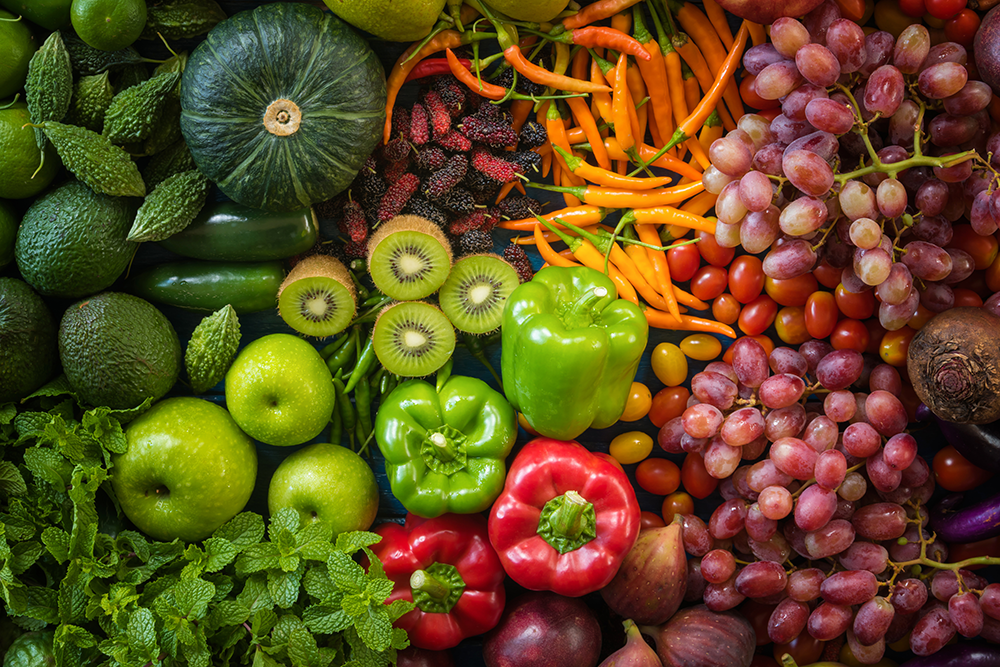“Your diet is a key factor in how your brain works,” says Christine Bailey, author of “Good Mood Foods for Every Day” for Wellness Journal magazine. “What you eat can affect your emotions,” too. It’s important to make sure you are putting good foods in your body. Food is fuel, and if you are constantly making bad diet decisions, it will reflect in the way you think and how you act. Continue reading to learn more about foods to boost your mood.
How Diet and Lifestyle Can Impact Your Mood
“If you struggle with a loss of motivation or have difficulty finding joy in your daily life, it could be time to rethink what you eat,” says Bailey. Oftentimes, people with depression like to indulge in comfort food which may not be the healthiest option out there. These foods can bring down your mood and make you feel worse than before you ate them. For example, sugary snacks can give you a short spike of energy, but you will soon begin to feel the crash. Although they may taste good and give you a short sense of feeling good, they ultimately aren’t good for you and may end up making you feel worse. Luckily, there are foods that taste great that can give you a natural boost. These foods provide you with the nutrients that will help your body to produce neurotransmitters, your brain’s feel-good chemicals. Below is a list of those foods that help boost your mood.
Good mood foods
- Avocados
- Berries
- Reishi mushrooms
- Salmon
- Yogurt
- Bananas
- Dark chocolate
- Eggs
Why Are These Considered “Good Mood Foods?”
“While the ‘happy hormone’ serotonin isn’t found in foods, something called tryptophan is,” explains Bailey. “Foods high in protein, iron, riboflavin and vitamin B6 tend to contain large amounts of this amino acid, including many of the foods listed [above].” Including some carbohydrates with these foods can also help boost the impact of these foods because, “carbs cause the body to release more insulin, enhancing absorption of tryptophan, which can then be converted into serotonin.”
Keeping a Food Journal
Tracking your emotions can be done through a food journal. It’s simple! At the end of the day, write down everything you ate throughout the day. Then, write down how you felt throughout that day. This can help you track what you’re eating and how those foods made you feel. You’ll then be able to find trends in your eating habits and how those foods impact your mood.
Arbor Behavioral Healthcare is here to help you find the right diet to help you on your recovery journey. Contact us today at 844-413-2690. We can’t wait to speak with you today!

